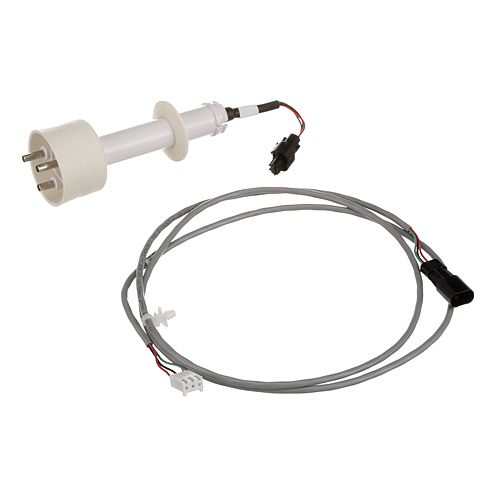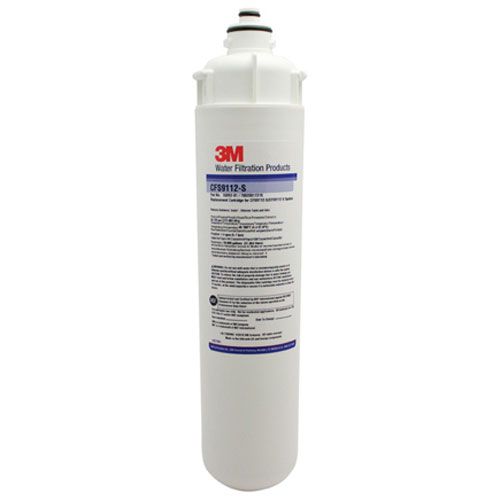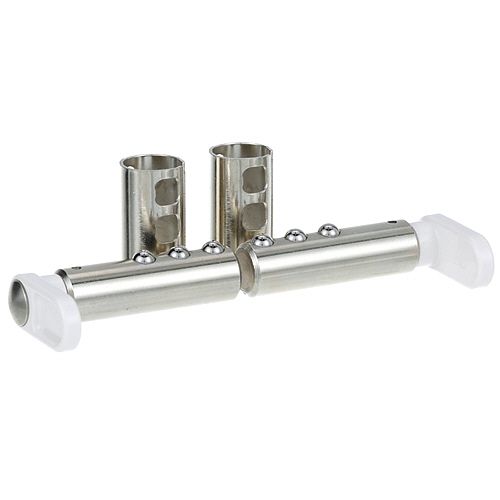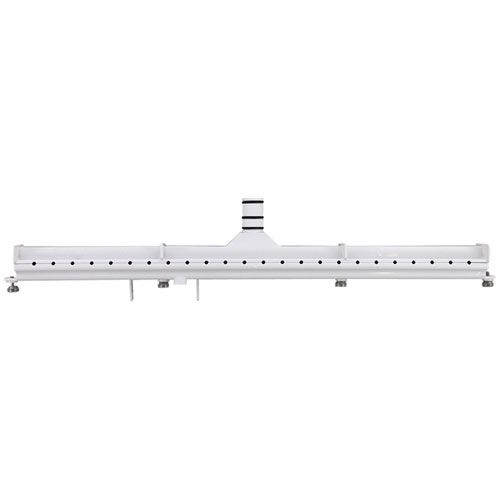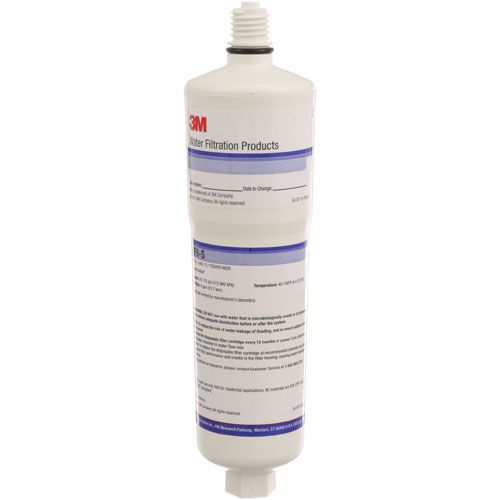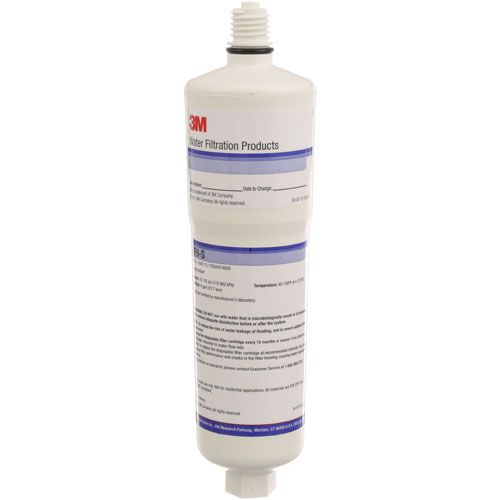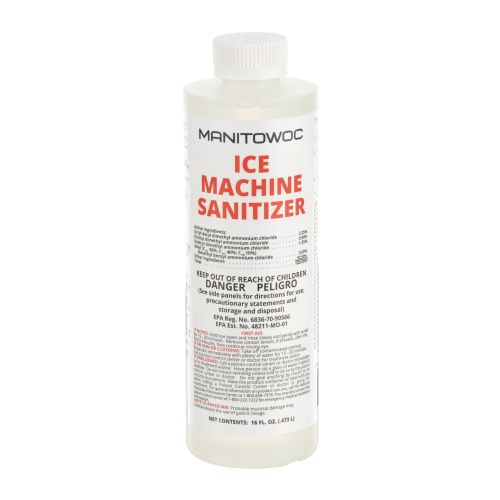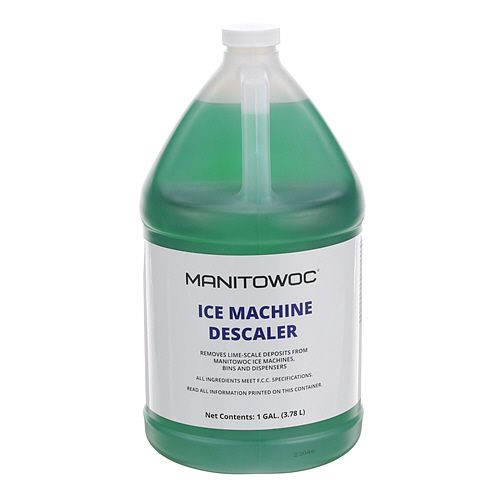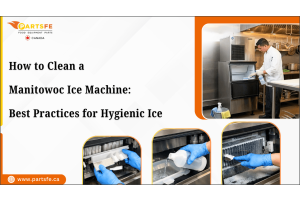Selecting the Perfect Water Filter for Ice Maker: Tips and Insights
When it comes to making clear ice without impurities and strange flavors, having a high-quality water filter in your ice maker is extremely important. Choosing the right water filter is crucial for ensuring great-tasting ice and keeping your ice maker efficient and long-lasting. With numerous options on the market, picking the perfect water filter for your ice maker may seem overwhelming. Fortunately, with the right tips and insights, the process becomes much more manageable and rewarding. We will explore the important factors to consider when choosing a water filter for your ice maker, giving you valuable insights to help you make the best decision. This ranges from understanding water quality concerns to evaluating filter performance and cost-effectiveness.
Understanding the Water Quality for Ice Makers
Understanding the quality of water for ice makers is crucial for ensuring the production of clean, refreshing ice. High-quality water should be free from unpleasant tastes and odors, and it should produce clear, visually appealing ice. Contaminants such as chlorine, sulfur compounds, and organic matter can affect the taste and odor of ice, while turbidity caused by suspended particles can result in cloudy or hazy ice cubes. Additionally, monitoring the mineral content, microbiological contaminants, total dissolved solids, pH level, and chemical contaminants in the water is essential to maintaining the performance and hygiene of the ice maker. Regular water testing and analysis are fundamental for identifying any water quality issues and implementing the necessary treatment measures, such as filtration, softening, or purification, to ensure that the water used in ice makers meets the required quality standards.
Types of Water Filters for Ice Machines
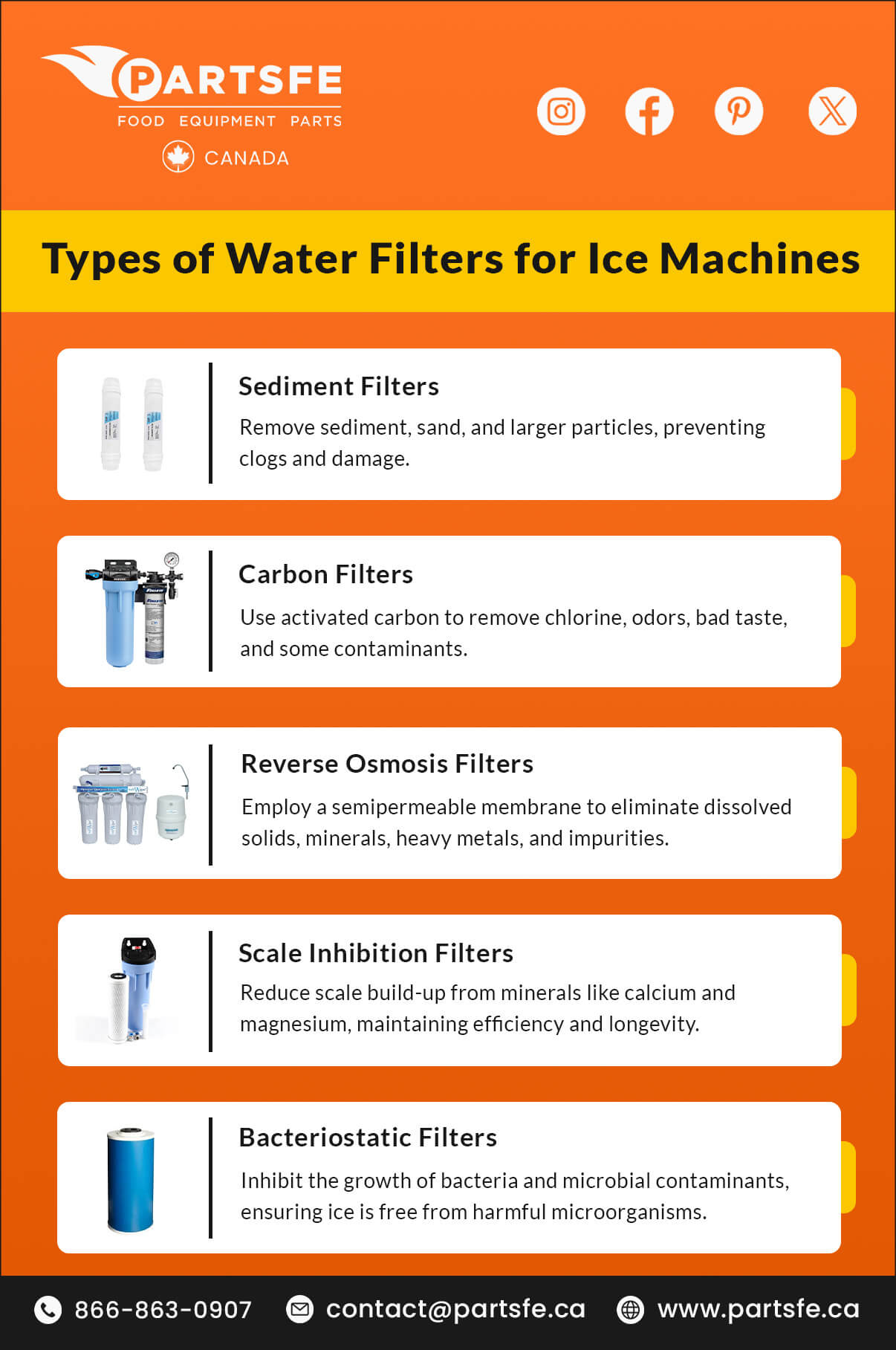
Reasons for Changing the Water Filter in Your Ice Maker
- Maintaining water quality: Over time, water filters become less effective at removing impurities, odors, and off-flavors from the water. Changing the water filter ensures that the ice maker continues to produce clean, great-tasting ice by maintaining high water quality.
- Preventing contaminant buildup: As water filters become saturated with particles and contaminants, they can become a breeding ground for bacteria, mold, and other microorganisms. Changing the filter prevents the buildup of these harmful contaminants and helps maintain the hygiene of the ice maker.
- Ensuring equipment longevity: Dirty or clogged filters can lead to reduced water flow and increased stress on the ice maker's components. Regularly changing the water filter helps prevent damage, prolonging the lifespan of the ice maker and reducing the likelihood of costly repairs.
- Preventing scale buildup: Some water filters are designed to reduce the concentration of minerals in the water. Over time, these minerals can accumulate and form scale in the ice maker, affecting its performance.
- Safeguarding against health risks: Old or clogged filters may fail to effectively remove harmful contaminants and microorganisms from the water, potentially posing health risks to consumers. Changing the water filter on schedule ensures that the water used in the ice maker is safe and free from harmful impurities.
- Optimizing ice production: A clean and efficient water filter enables the ice maker to operate at its best, ensuring consistent ice production and quality. Regular filter changes help maintain optimal performance and minimize disruptions in ice production.
Selecting the Appropriate Water Filter for Ice Makers
Start by evaluating the quality of the water supply in the area where the ice maker will be installed. Consider factors such as taste, odor, clarity, mineral content, microbiological contaminants, total dissolved solids (TDS), pH level, and any specific issues like scale buildup or chlorine presence. Research water filter options as there are different types of water filters available for ice makers.
- Match filter to water quality needs: Select a water filter that effectively addresses the identified water quality issues. For example, if the water has a high mineral content, a scale inhibition filter may be suitable, whereas a carbon filter may be more appropriate for improving taste and odor.
- Consider filter capacity and flow rate: Take into account the filter capacity and flow rate, which determine how much water the filter can effectively treat and at what speed. Ensure that the selected filter can accommodate the water usage of the ice maker and maintain consistent filtration performance.
- Check compatibility and installation: Verify that the chosen water filter is compatible with the specific model of the ice maker and can be easily installed in the existing water supply system. Consider factors like filter size, connections, and any installation requirements.
Installing and Maintaining Water Filters for Ice Machines
Installing and maintaining water filters for ice machines is essential for ensuring high water quality, promoting equipment longevity, and producing clean, great-tasting ice. Here are some valuable tips for the installation and maintenance of water filters for ice machines:
|
Tip |
Description |
|
Choose the right location |
Install the water filter in an easily accessible location for maintenance and filter replacement, ensuring it is secure and not obstructing the ice machine's operation. |
|
Proper plumbing connection |
Connect the water filter to the incoming water supply line as per the manufacturer's instructions, using appropriate fittings to ensure a secure, leak-free connection. |
|
Regular filter replacement |
Replace filters according to the manufacturer's recommended schedule, typically every 6 to 12 months, and set up reminders to ensure timely replacements. |
|
Monitor filter performance |
Periodically check water quality and ice machine performance to ensure the filter is effectively removing impurities and maintaining high water quality. |
|
Flush the system |
Flush the water system before installing a new filter or after replacing an existing one to remove air and any loose carbon fines or particles. |
|
Cleaning and sanitizing |
Follow the manufacturer's guidelines for cleaning and sanitizing the filter housing, water pumps, and associated components to maintain system hygiene. |
|
Water pressure and flow rate |
Monitor and adjust the water pressure and flow rate before and after filter installation to ensure it falls within the specified ranges for optimal ice machine performance. |
Evaluating the Cost of Ice Machine Water Filters
When evaluating the cost of ice machine water filters, consider the following factors to make an informed decision:
- Initial purchase cost: The upfront cost of purchasing the water filter is a significant factor to consider. Compare the prices of different filter models and brands to find one that fits your budget while meeting your filtration needs.
- Filter lifespan: Evaluate the lifespan of the water filter before replacement is required. Filters with longer lifespans may have a higher initial cost, but could be more cost-effective in the long run by reducing the frequency of replacements.
|
Brand |
Price Range |
Filter Lifespan |
|
$150 - $200 |
6 months to 1 year |
|
|
Everpure |
$80 - $120 |
6 months |
|
Manitowoc |
$100 - $200 |
6 months to 1 year |
|
Ice O Matic |
$150 - $200 |
6 months to 1 year |
|
Bunn |
$150 - $200 |
6 months to 1 year |
- Replacement frequency: Consider how often the water filter needs to be replaced based on the manufacturer's recommendations. Filters that require less frequent replacement may be more cost-effective over time compared to filters that need to be replaced more frequently.
- Maintenance costs: Factor in any additional costs associated with maintaining the water filter system, such as cleaning supplies, replacement parts, or professional maintenance services. These ongoing maintenance costs can impact the overall cost of owning the water filter.
Selecting the appropriate water filter for your ice maker is crucial in preserving water quality, prolonging the lifespan of your ice maker, and guaranteeing the production of pure and refreshing ice. By comprehending your water quality requirements, taking into account the needs of your ice maker, and assessing various filter options, you can choose a water filter that suits your specific requirements. Moreover, following a regular filter replacement schedule, monitoring performance, and seeking professional help when needed will all contribute to the efficient operation of your water filtration system. PartsFeCanada is your go-to source for commercial ice machine parts, including compressor parts, evaporator parts, water valves, and ice scoops. We proudly provide high-quality parts from reputable manufacturers like Manitowoc and Ice O Matic, all at competitive prices.
FAQs
How often should I replace the water filter for my ice maker?
It is usually recommended to replace the water filter every 6 months to ensure optimal performance.
Can I use a regular refrigerator water filter for my ice maker?
It is best to use a water filter specifically designed for ice makers to ensure proper filtration of water.
Do water filters for ice makers remove bacteria and viruses?
Most water filters for ice makers focus on removing sediment, chlorine, and other impurities but may not necessarily eliminate bacteria and viruses.


